Commission updates Rules of Organization and Functioning following recent legislative amendments on external evaluation

The Judicial Vetting Commission has updated its Rules of Organization and Functioning to align with recent legislative amendments concerning the external evaluation of judges and prosecutors. The new provisions include, among other changes, an increase in the number of Commission members, the adjustment of the decision-making mechanism to reflect the new structure, and the introduction of clear rules governing the transfer of managed information at the end of the Commission’s mandate.
Under the new regulations, the Commission will be composed of nine members — four national and five international — and, in accordance with Law 252/2023, will operate through three evaluation panels, compared to the two currently in place. The amendments also include provisions on the conduct of meetings and decision-making procedures, tailored to the Commission’s new structure. Meetings will be deemed deliberative in the presence of at least five out of the nine members, provided that a minimum of three are international members. In the event of a tie vote, the decision supported by at least three international members will prevail.
The revised Rules also establish clear deadlines for the preparation of evaluation reports. Generally, the reasoned report sall be drafted within 30 working days from the date of the hearing. In complex cases, this deadline may be extended once, for a maximum of 15 additional working days, provided the evaluated individual is notified in advance, in writing, of the extension and its justification.
Information collected by the Commission during evaluation procedures will be retained for the entire duration of the implementation of the three laws governing external evaluation. If the same person is subject to multiple evaluations under these laws, the procedures will not run concurrently; instead, a priority order will be established.
According to the updated provisions, in cases of reevaluation, the Commission will examine petitions and additional documents submitted after the procedure resumes only insofar as they relate to issues raised by the Superior Council of Magistracy (SCM) or the Supreme Court of Justice, and which could not have been submitted earlier due to objective reasons.
At the end of its mandate, the Commission will transmit to the SCM all data related to its activity, including information on evaluations and internal organization. The subsequent deletion and destruction of this data will take place on the Commission’s premises, under the supervision of a special committee composed of a national member, an international member, the Head of the Secretariat, an IT specialist, and an SCM representative.
The updated Rules are available on the Commission’s official website: www.vettingmd.eu

.svg)







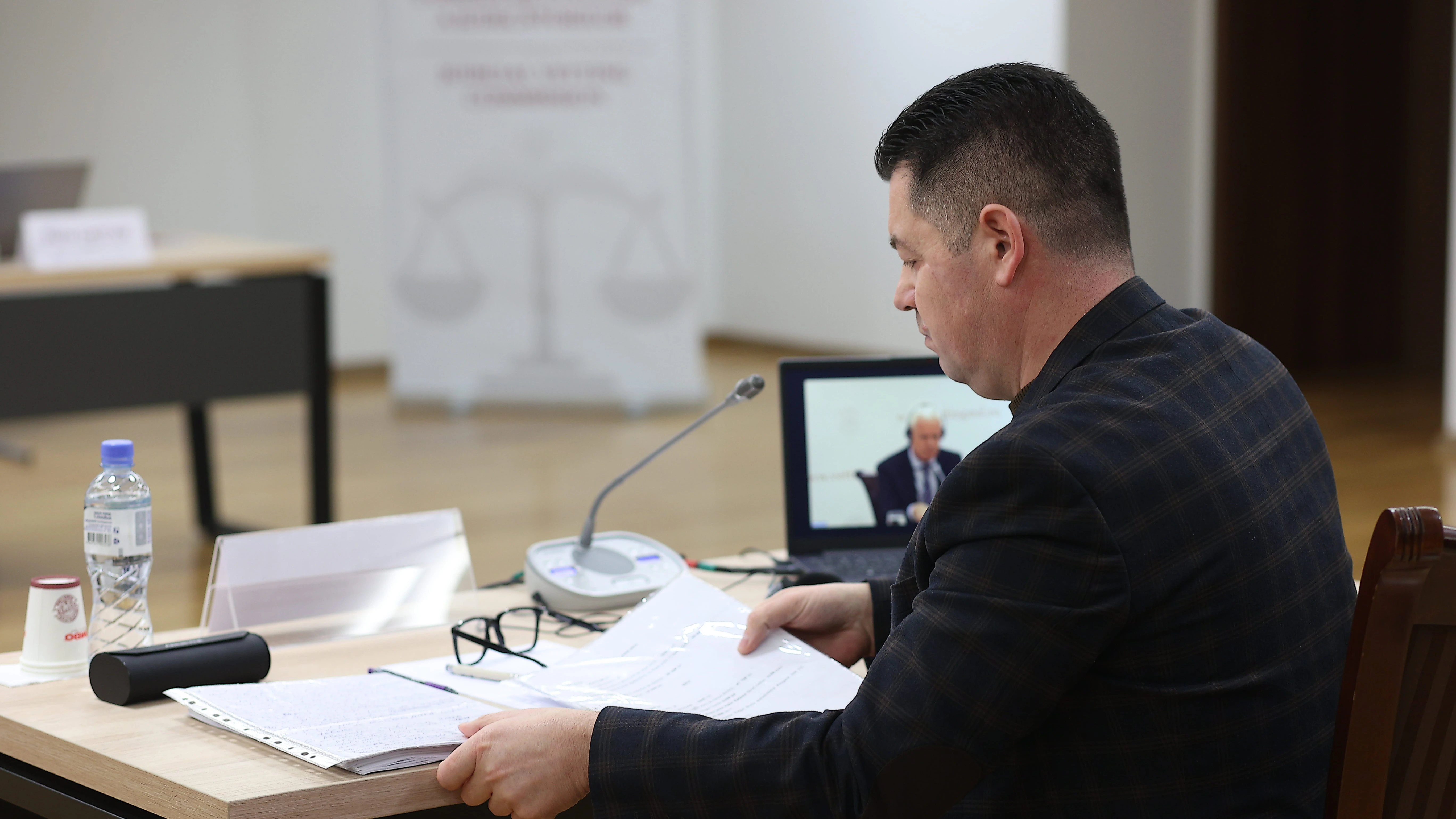



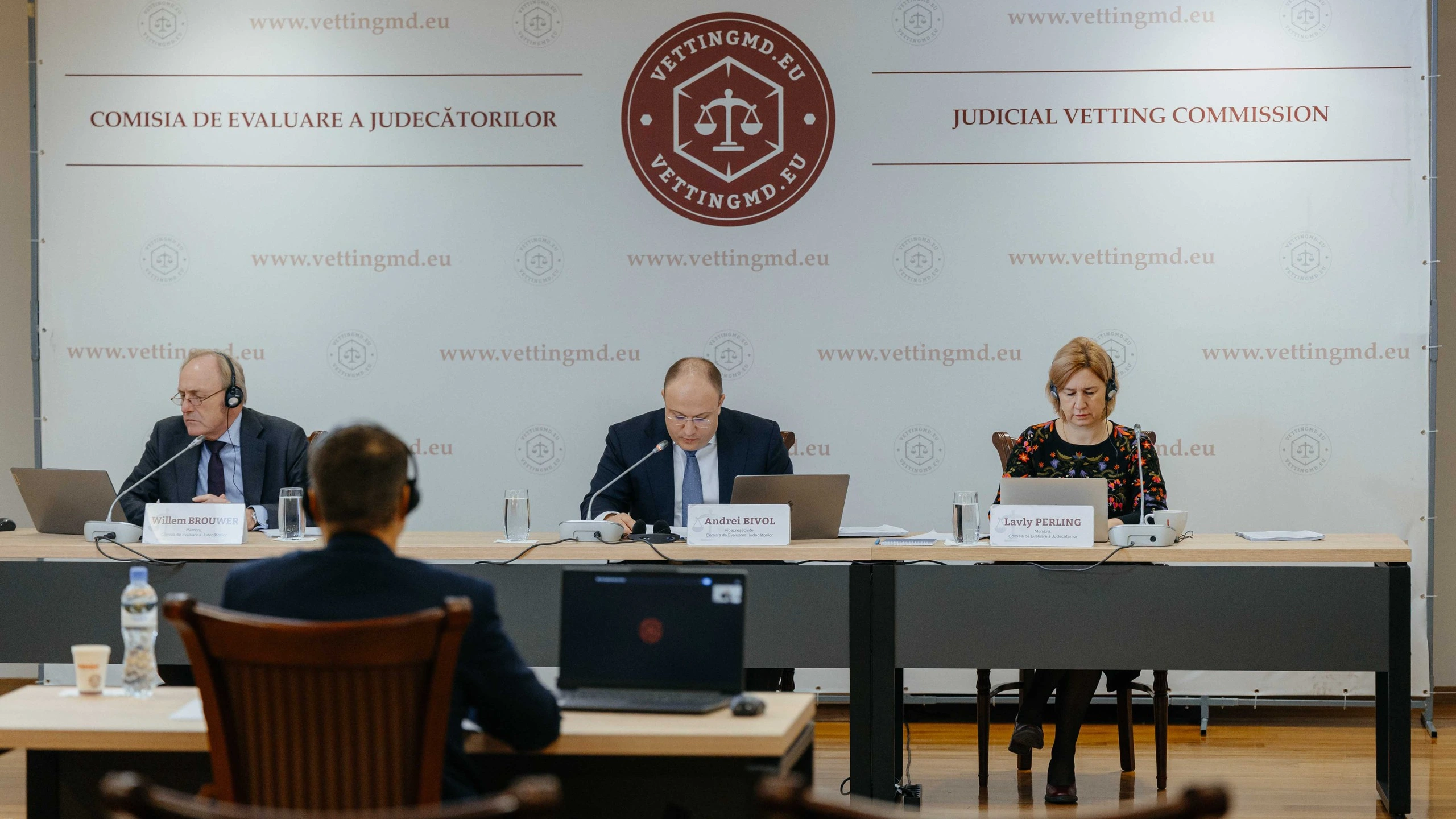







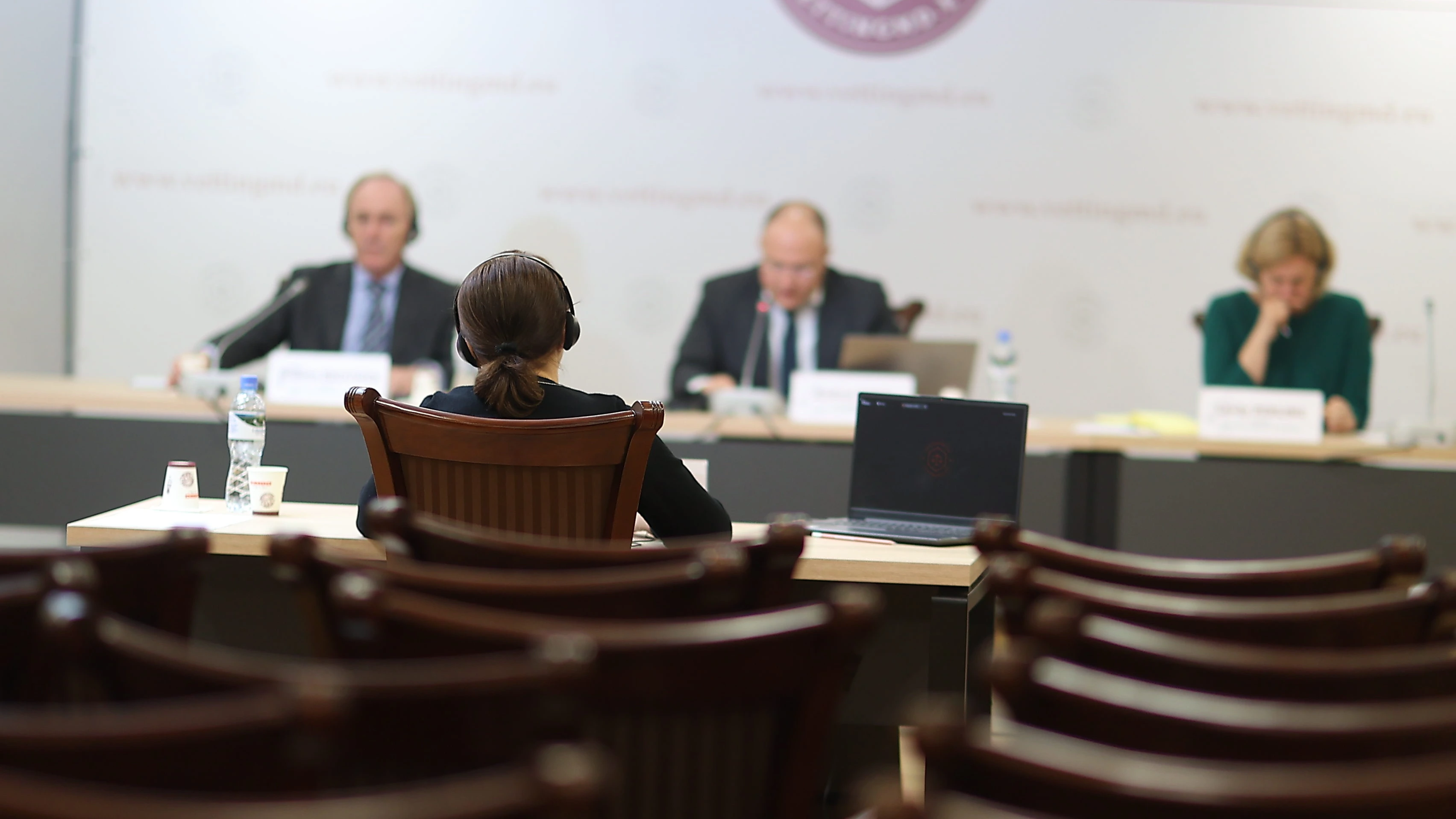
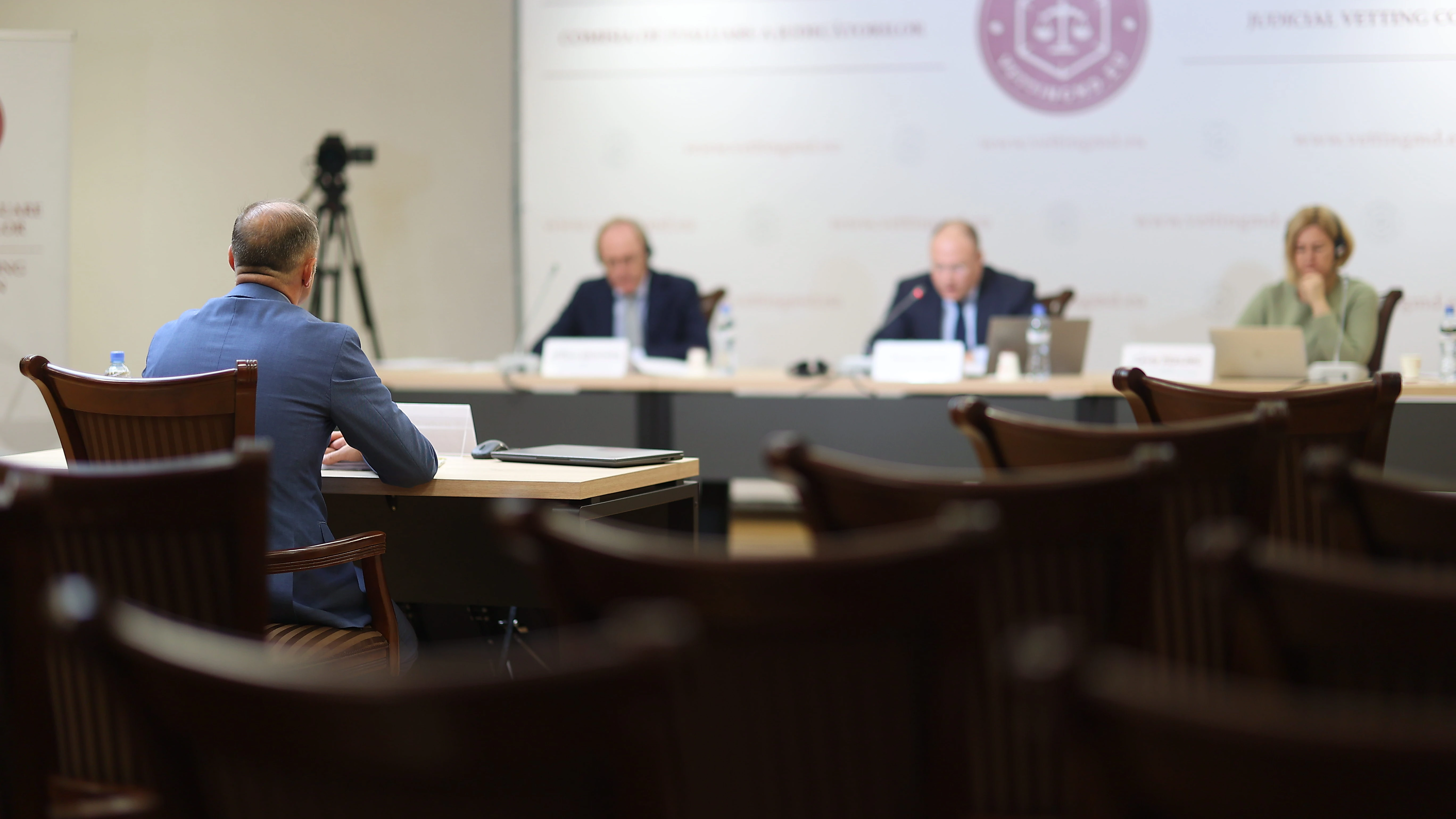

.webp)










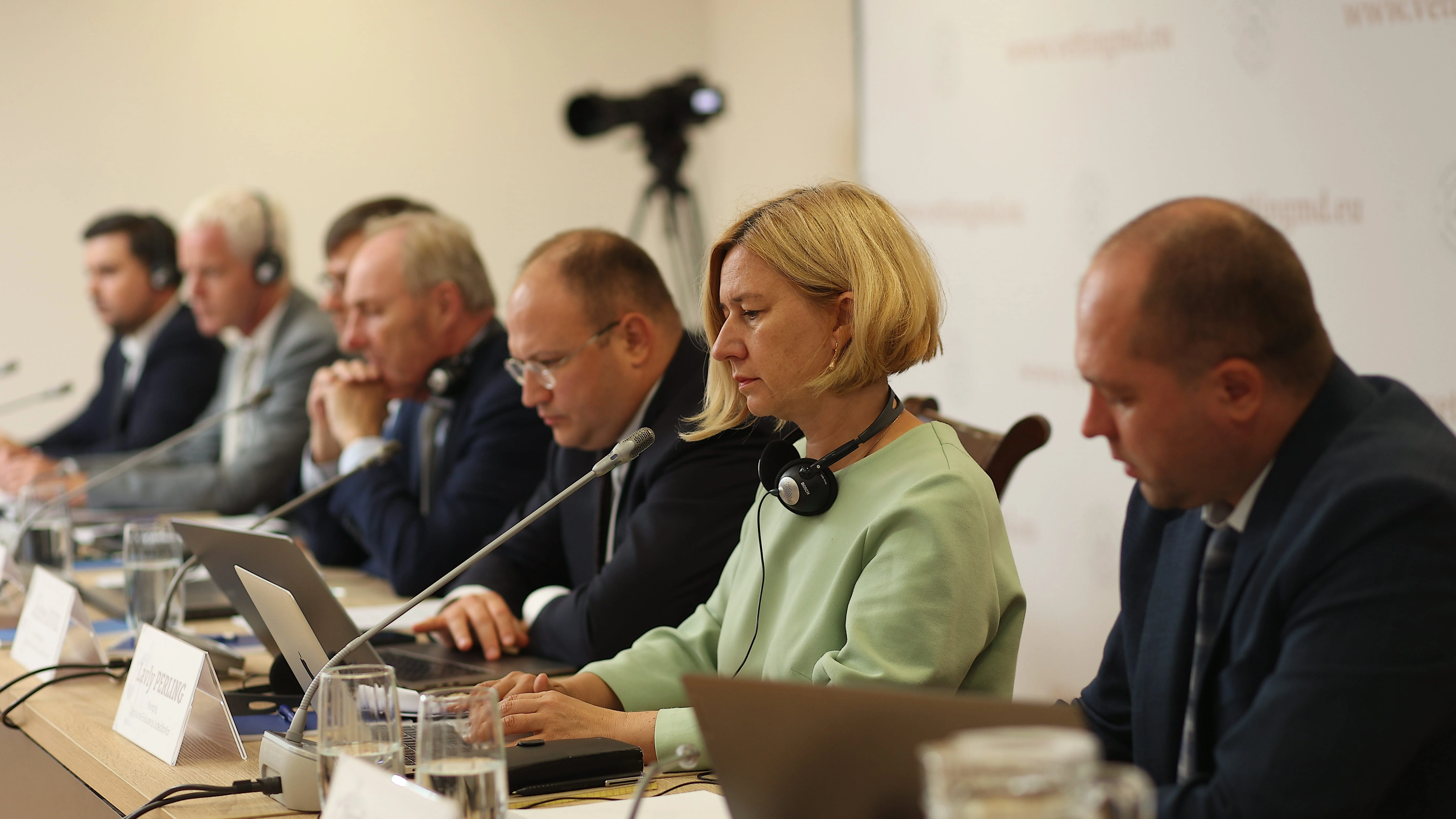
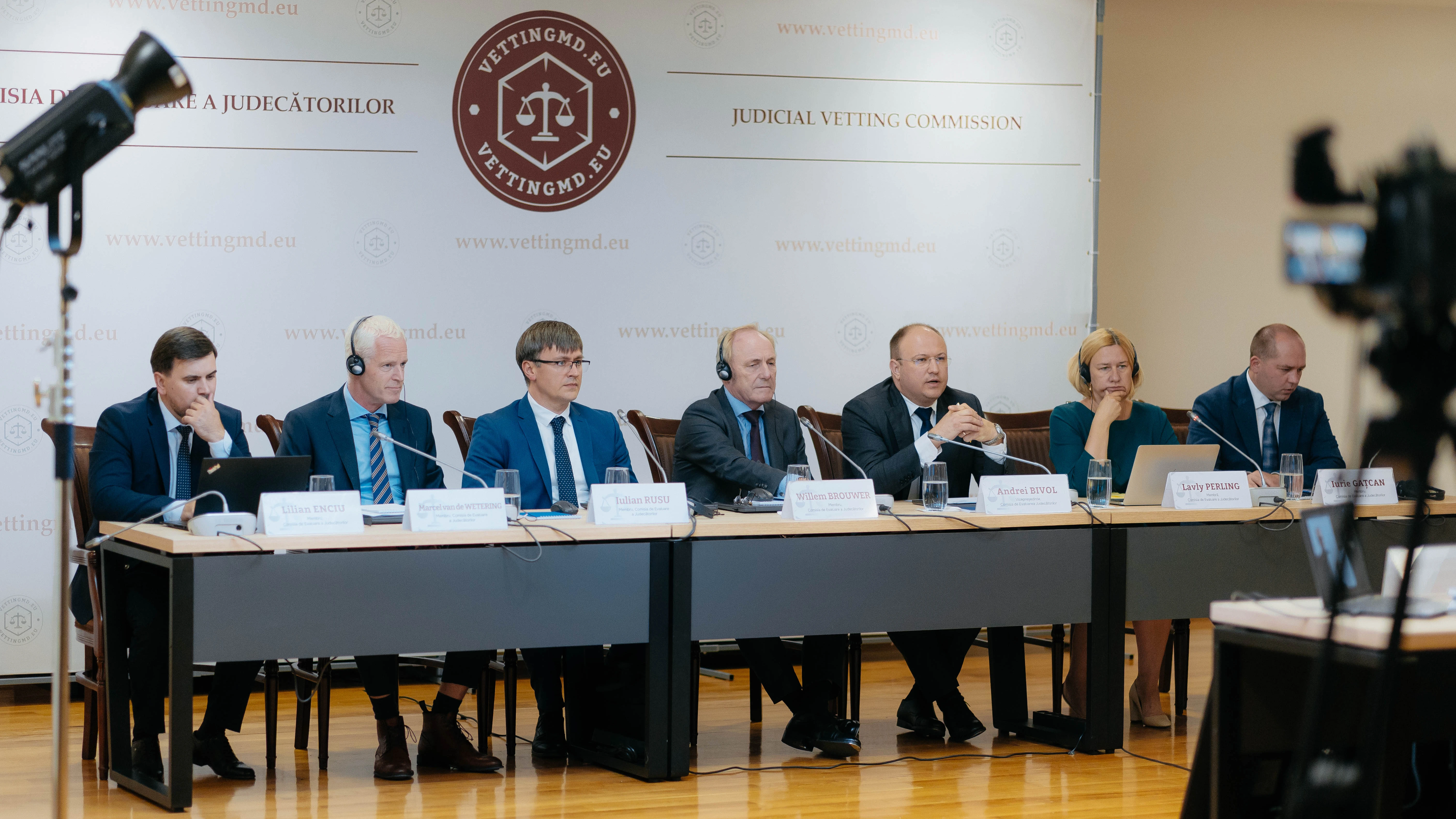















.webp)















.webp)






















.webp)



